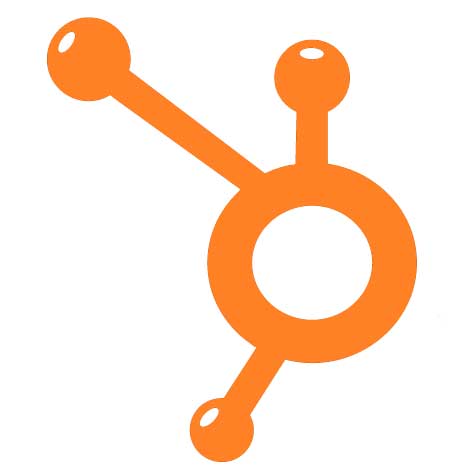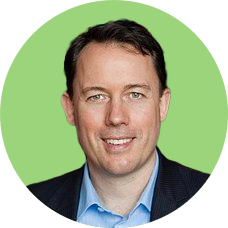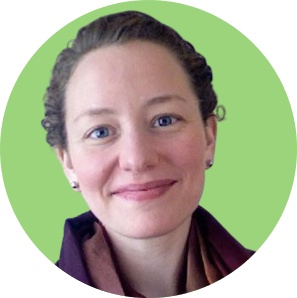Making an impact: Farron Levy
Boston Business Journal
Farr on Levy grew True Impact, a software company and consulting firm that helps organizations measure the social and financial value of their corporate citizenship programs, out of the frustration he felt in graduate school as he watched budget bickering on Capitol Hill over the value of AmeriCorps. Levy had worked with City Year, an AmeriCorps program, and he had seen its social impact - and the business value to corporate supporters - firsthand. But few objective measures existed to quantify those social and business impacts, to help prove the value of such programs. Levy's frustration drove his master's thesis, which investigated ways to measure social and business value, which ultimately became the foundation of his own firm.
on Levy grew True Impact, a software company and consulting firm that helps organizations measure the social and financial value of their corporate citizenship programs, out of the frustration he felt in graduate school as he watched budget bickering on Capitol Hill over the value of AmeriCorps. Levy had worked with City Year, an AmeriCorps program, and he had seen its social impact - and the business value to corporate supporters - firsthand. But few objective measures existed to quantify those social and business impacts, to help prove the value of such programs. Levy's frustration drove his master's thesis, which investigated ways to measure social and business value, which ultimately became the foundation of his own firm.
Today, True Impact works mainly with for-profit companies, helping them analyze and calculate returns on their community involvement and environmental practices. True Impact's clients have included Allstate, Cox, Deloitte, The Home Depot, PNC Bank, and Verizon, among others. Moving forward, Levy plans to move True Impact in the direction of working directly with nonprofit organizations and government agencies as well, to help them evaluate the impact of their missions. Levy recently sat down with reporter Mary Moore to discuss the importance of measuring social impact and what led him to this work.
Who are your influences?
My parents have been most important in inspiring me with core values such as fairness and justice and creativity - all those really crunchy progressive things. You do for other people. It's a really nice way to be - and when you find yourself surrounded by other people like that, the world is a more enjoyable place. Also, family is really important to me, as my whole family is pretty close. That's how my grandfather built things - being there for each other and appreciating each other.
Are there books you have read that have made a difference for you?
I don't get to read books nearly as much as I want to - mostly on vacations, which also don't happen as much as I want. The last one I read was "Founding Brothers: The Revolutionary Generation" by Joseph Ellis, which I really liked. The American Revolution was a time of extraordinary ideas, challenges and opportunities - like today. People had to take risks and there was a grand vision of what the country should be. But it was a complex vision - and pulling it off was an amazing feat given that you had to come up with a vision that would actually work and then have a lot of stakeholders buy into it.
If you could have dinner with anyone, who would it be?
George Washington and Thomas Jefferson come to mind, given the Ellis book. You can only get so much from books, so it would be great to have the real inside scoop from them.
What's on your nightstand?
Two things - an Amazon Kindle e-reader, which has subscriptions to the New York Times, the Wall Street Journal, the New Yorker and some blogs. And then there's the Sonos music controller, for smooth jazz or NPR, depending on the mood of the room.
How do you relax?
On the sports side I love to snowboard, scuba dive, and play basketball and squash. That's all seasonal, and depends on the weather and the state of my joints. Also, my wife and I have subscriptions to the Huntington Theatre and the SpeakEasy Stage Company, which is a great way to get relaxation time into our schedules. And we also love to head up to Vermont and down to the Cape, and pretty much anything you do in either place is relaxing.
What's your favorite restaurant?
Home. Because my wife is an excellent chef and I'm a great sous chef and cleaner-upper. But when we're too tired to do that, we do a Fugakyu run for sushi. And when we go to the Huntington Theatre or to the SpeakEasy, we try to go to a new restaurant as part of the entire night-out package.
What prompted you to start your company?
I see a lot of exciting opportunities to improve society and the environment by harnessing business resources and tying them to business self-interest. It's the classic win-win opportunity. And one of the main obstacles to that has often been a lack of measurement, which helps you identify those opportunities, take advantage of them and then manage them effectively. That's a pretty exciting prospect.



.png)
